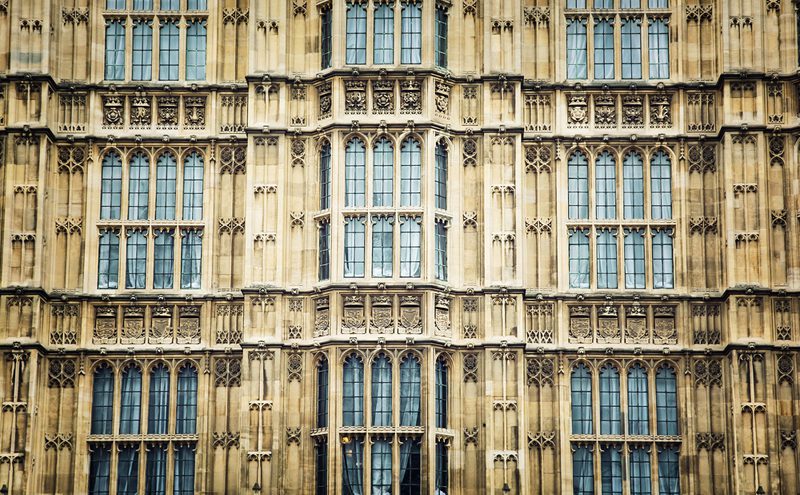
The House of Lords EU Energy and Environment Sub-Committee has published (on 13 February) its report Brexit: environment and climate change, which recommends key actions to ensure environmental protections are not eroded as a result of Brexit.
The report points out that the UK’s environmental and climate change standards and policies are profoundly embedded in EU law, and highlights the scale and immense complexity of the task of disentangling them, in a way that ensures the environment is as well-protected after Brexit as it was before.
EU environmental law is a patchwork quilt of measures, some purely environmental, and others, such as product standards, relating to the internal market. It is backed up by references to the role of EU institutions and Member States, and has been extensively interpreted by the Court of Justice of the EU. Maintaining existing standards through the Great Repeal Bill will be an immensely complex task.
The report notes that domestic environment legislation and policy will be more vulnerable to short term, unpredictable changes after Brexit. Maintaining policy stability will be critical to ensure both investor confidence in the environmental sector and civil society’s ability to engage with these policies.
The report notes that effective enforcement of EU laws has been just as important as the laws themselves – the European Commission and the Court of Justice of the EU have been key in ensuring that EU environmental law has been followed in the UK. The Government seems to be worryingly complacent about the loss of this enforcement regime, and the Committee concludes that in order to fill the vacuum post-Brexit, an effective and independent domestic enforcement mechanism, underpinned by judicial oversight, will be needed.
After Brexit, the UK will no longer take part in agreeing EU environmental standards, regulations and initiatives, yet under any free trade agreement the UK may still need to comply with, or adopt standards environmental equivalent to, EU standards. The report recommends that the Government should review means by which the UK may be able to continue to influence the EU’s environmental and climate change policies.
The UK is a global leader on climate action. To maintain this status, and to mitigate any loss of influence arising from leaving the EU, the report recommends that the Government should identify other countries and country groupings it can align itself with globally, while continuing to adopt leading climate actions domestically.
The Committee also notes that the UK currently receives significant funding for research and green infrastructure development from the EU, including substantial funds from the European Investment Bank, and concludes that the Government should clarify whether this funding will still be available post-Brexit. Significant resources will be needed to maintain environmental legislation, whilst also developing domestic agriculture and fisheries policies, and Defra will need a substantial increase in resources if it is to succeed.
Lord Teverson, Chairman of the EU Energy and Environment Sub-Committee, said:
“We’re leaving the EU, but not Europe: whether it’s a question of migratory birds, managing our oceans, or air pollution, the environment transcends political boundaries, and the UK’s environment and Europe’s will remain inextricably linked.
“We heard evidence that 80% of the public support at least the same level, if not higher levels of environmental protection post-Brexit. We need to continue to work together and protect our shared environment for future generations.”
“Repatriating environmental law to the UK will be an immensely complicated task. The Great Repeal Bill is a welcome first step, and we also welcome the Government’s ongoing review of EU legislation, but with many hundreds of Regulations, Directives, and court judgments, we are not convinced that the Government has yet found a way to deliver the continuity of environmental protection that we all want to achieve.
“The European Commission and the Court of Justice have played absolutely vital roles in monitoring and enforcing environmental law in the UK. The bottom line is that if the UK fails to honour EU environmental law, it will end up in court. That’s going to change after Brexit, but the vast majority of our witnesses were emphatic that an effective and independent domestic enforcement mechanism will still be needed.”
“Coordinated global action is required to tackle climate change. The UK has been a world leader, but in leaving the EU we lose our strongest allies, and we’ll need to identify other countries to align ourselves with, to make sure we continue to lead and influence global climate action.”








